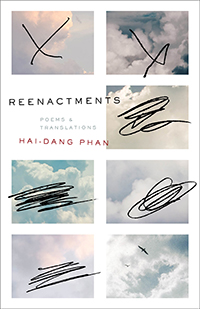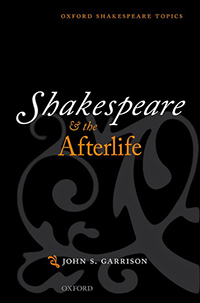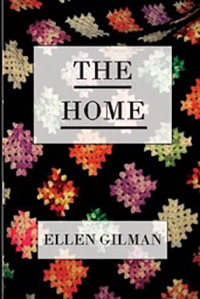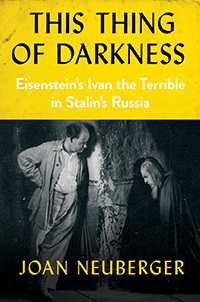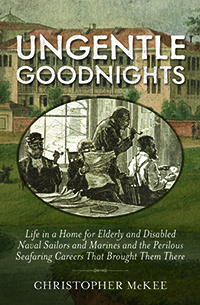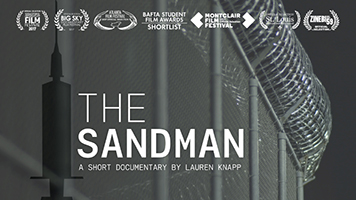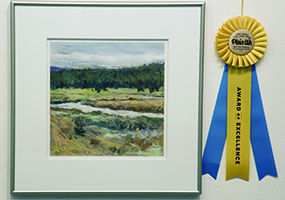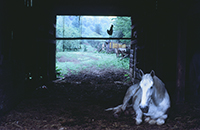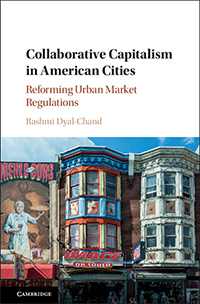Hai-Dang Phan ’03, associate professor of English, has published his debut book of poetry, Reenactments (Sarabande Books, 2019). The book shares the story of his family’s exodus from Vietnam through a blend of research-based anecdotes, narrative-driven lyrics, and translations of Vietnamese poems. Phan invites readers to follow him as he navigates bordered territories: Vietnam and the United States, family and self, war and peace, “then” and “now.”
